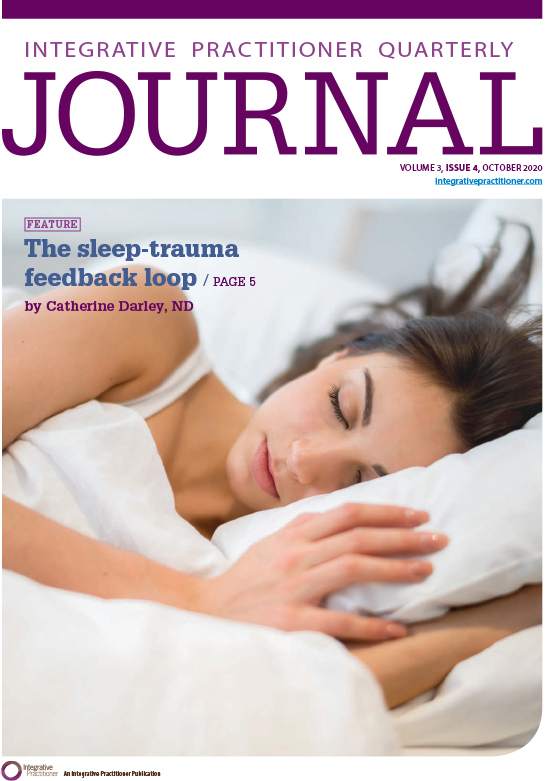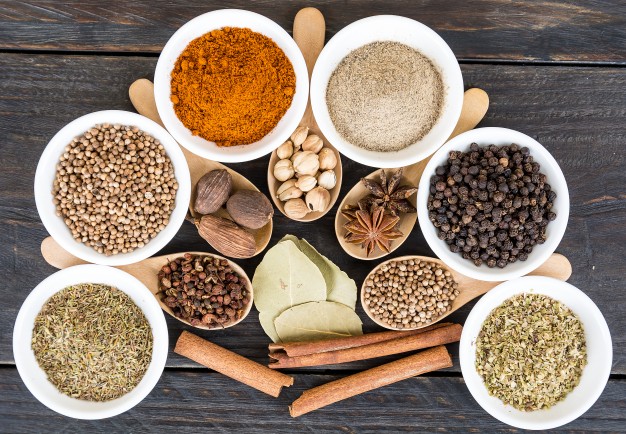Filters
Product Categories
This edition of the Integrative Practitioner Digital Summit focuses on clinical nutrition.

Presented by: Marcelle Pick, NP, OB/GYN
Adrenal issues are more and more accepted in the functional

Presented by: Wendy Warner, MD, FACOG, ABIHM, IFMCP
Many of our patients already have had genetic testing done in order to understand their own SNPs (single nucleotide polymorphisms or “snips”). We can use this information to more easily tailor our plans for hormone balancing in women, ‘cutting to the chase’ so that each plan conforms to the individual we’re working with.

Presented by: Geri Brewster, RD, MPH, CDN, and Stephen Cowan, MD
Emerging research in epigenetics and nutrition is catching up to the ancient wisdom of Chinese medicine that conceptualized a unity of function between nervous system, digestion and immune resilience. This session will discuss the relevance of optimizing neuro-gastro-immune unity before, during, and after pregnancy in quality of long-term health. Using case studies, practical applications that employ both functional medicine and Chinese medicine will be discussed.

This issue highlights clinical advances in integrative medicine from the past year, and updates on trending industry topics. Included in this issue:
- The sleep-trauma feedback loop
- Low protein diets for longevity
- Oxalates as a driver of chronic health issues
- Nutrition interventions for asthma
- Current understanding of microbiome influence on health
- Traditional Chinese Medicine in COVID-19 literature

Presented by: Donald Abrams, MD
Delta-9-tetrahydrocannabinol (THC), the main psychoactive component of cannabis, was licensed and approved for the treatment of chemotherapy-induced nausea and vomiting in 1985. Due to the significant barriers to studying the potential therapeutic effects of the parent botanical, the medical literature does not support the strong anecdotal impression that cannabis itself is effective for this indication. Cannabis is also the only antiemetic agent that is also purported to be an appetite stimulant that is also a useful attribute in patients with malignant diagnoses.

This session will focus on the top 10 culinary herbs that are in everyone’s kitchen and how to use them for prevention and healing.

Presented by: Peter Bongiorno, ND, LAc
It is well known that post COVID syndrome includes a high percentage of patient experiencing neuropsychiatric symptoms, including delirium, depression, anxiety, and post-traumatic stress disorder (PTSD). This syndrome does have one typical factor among patients: COVID-19. However, that is where the similarity ends.
This presentation will explore a number of patient cases, highlighting predisposing factors, lab test findings and, of course, treatment strategies. The most important factors that predispose post-COVID patients to mental health illness will be identified – and provide a specific natural medicine protocols to use with patients.

Clostridia Bacterial Infections – More Than Just a Digestive System Problem

Understanding and Reversing True Causes of Chronic Joint Pain


















